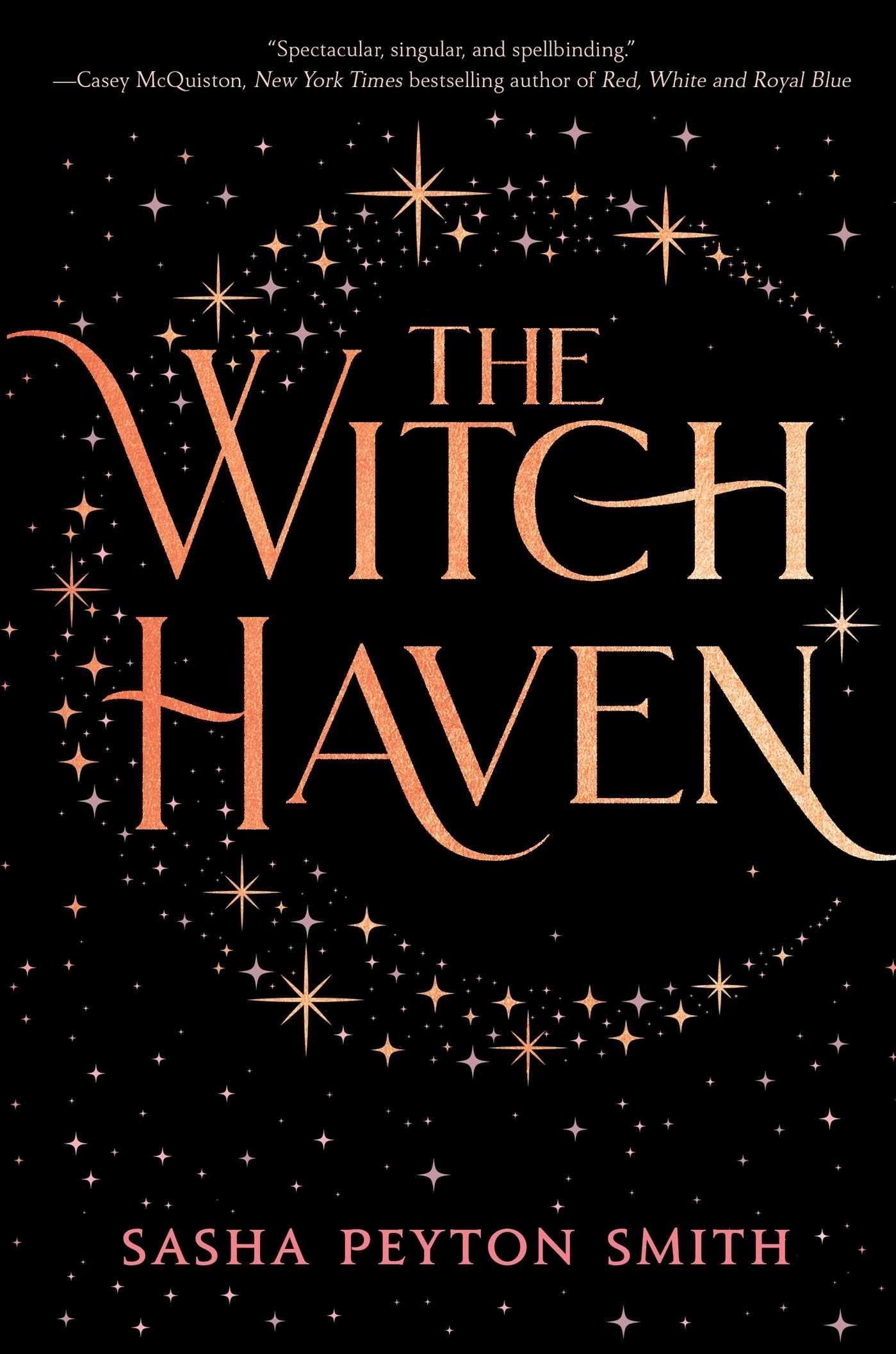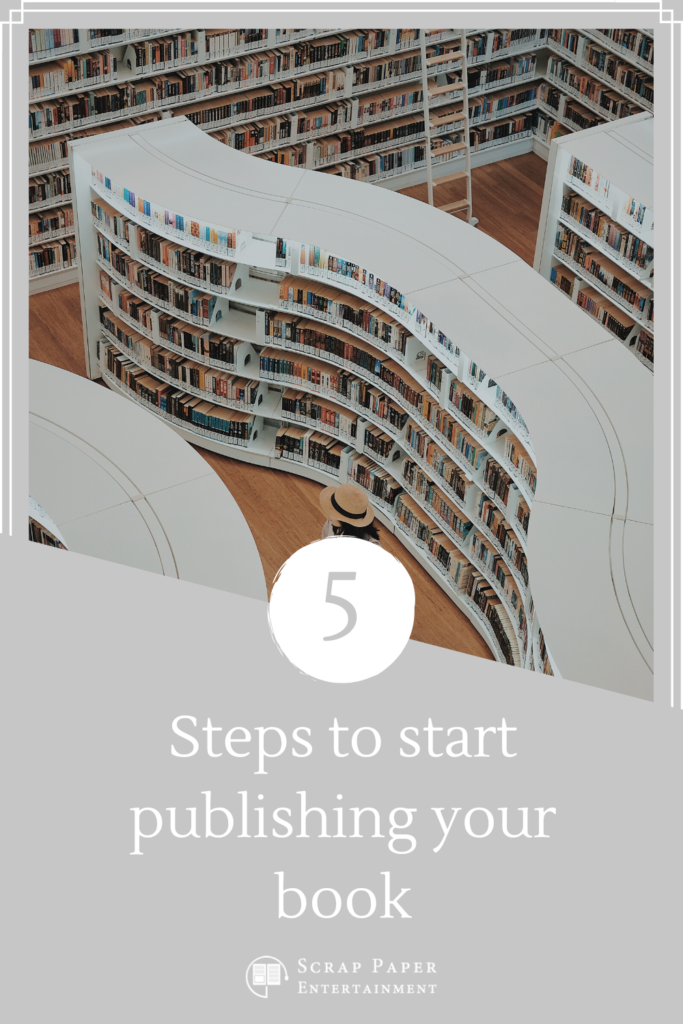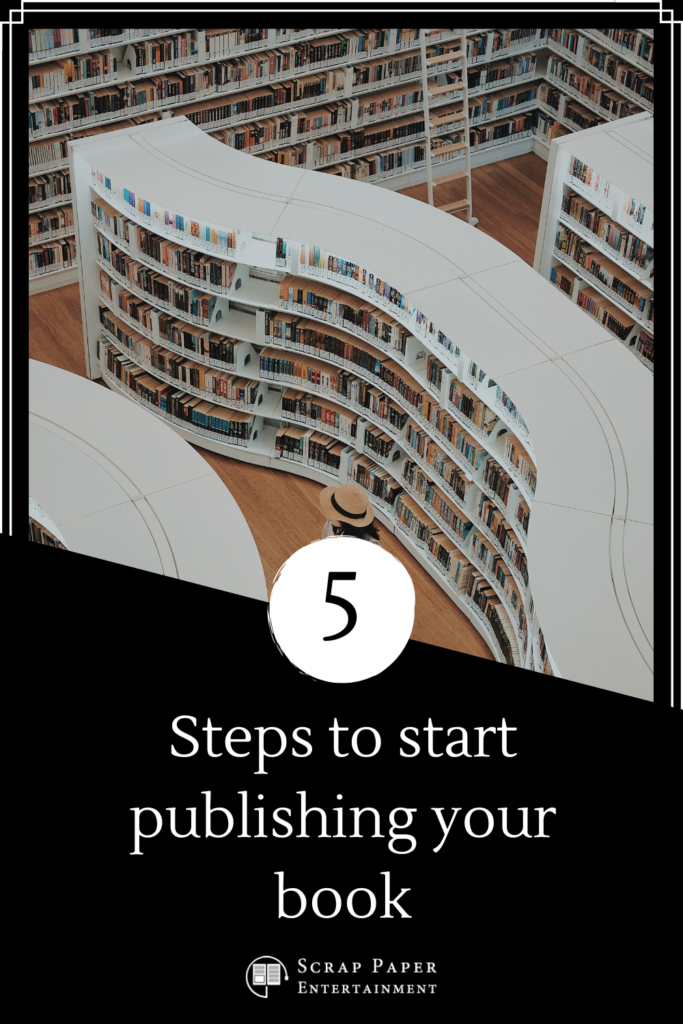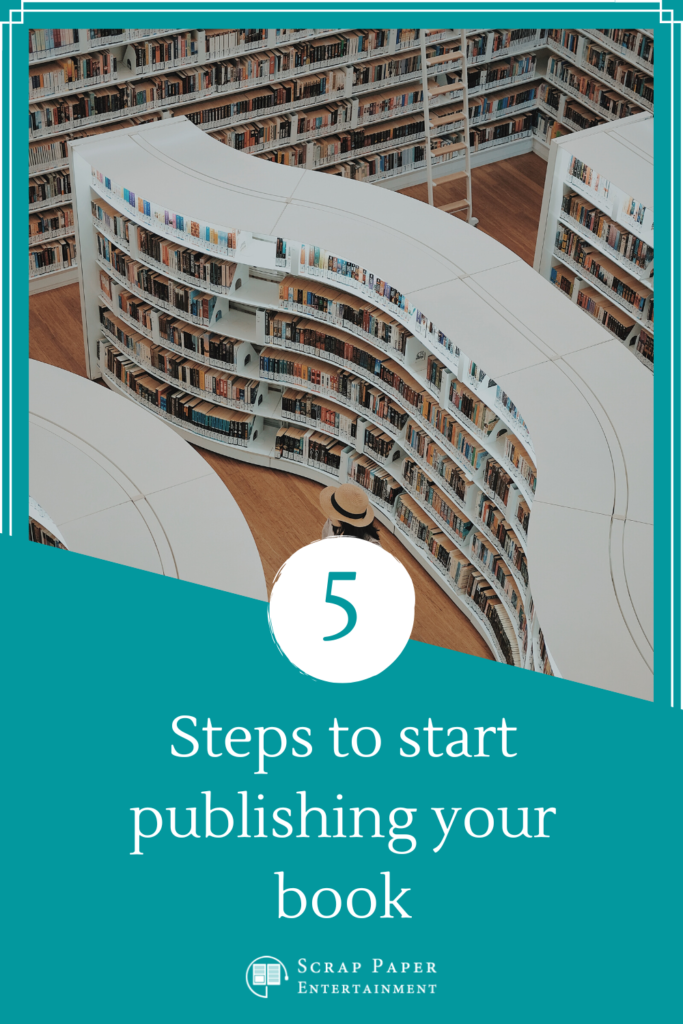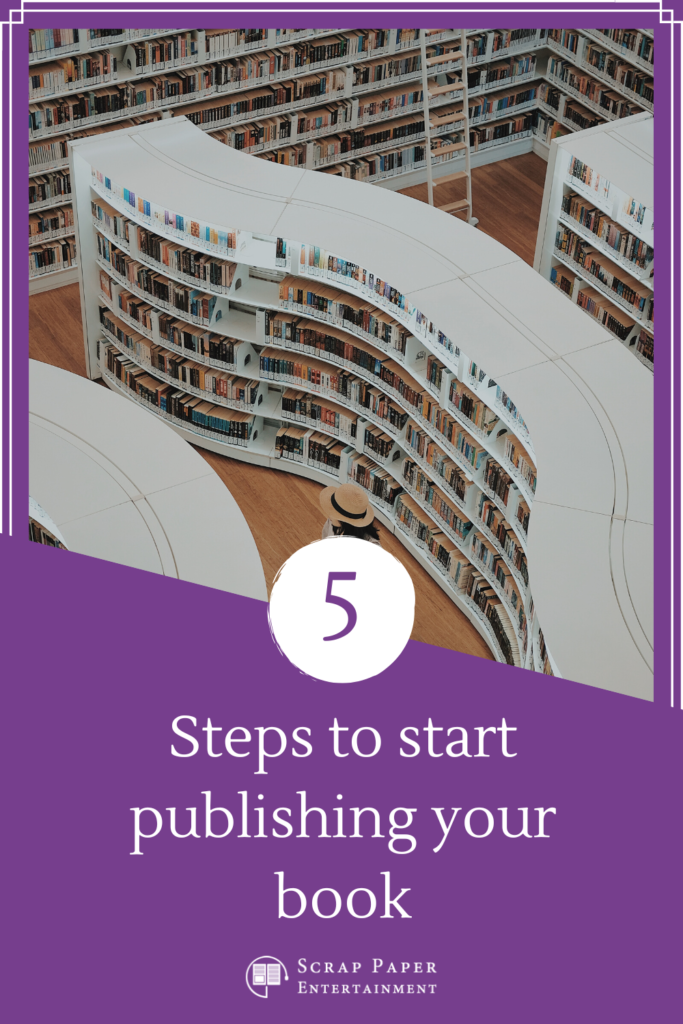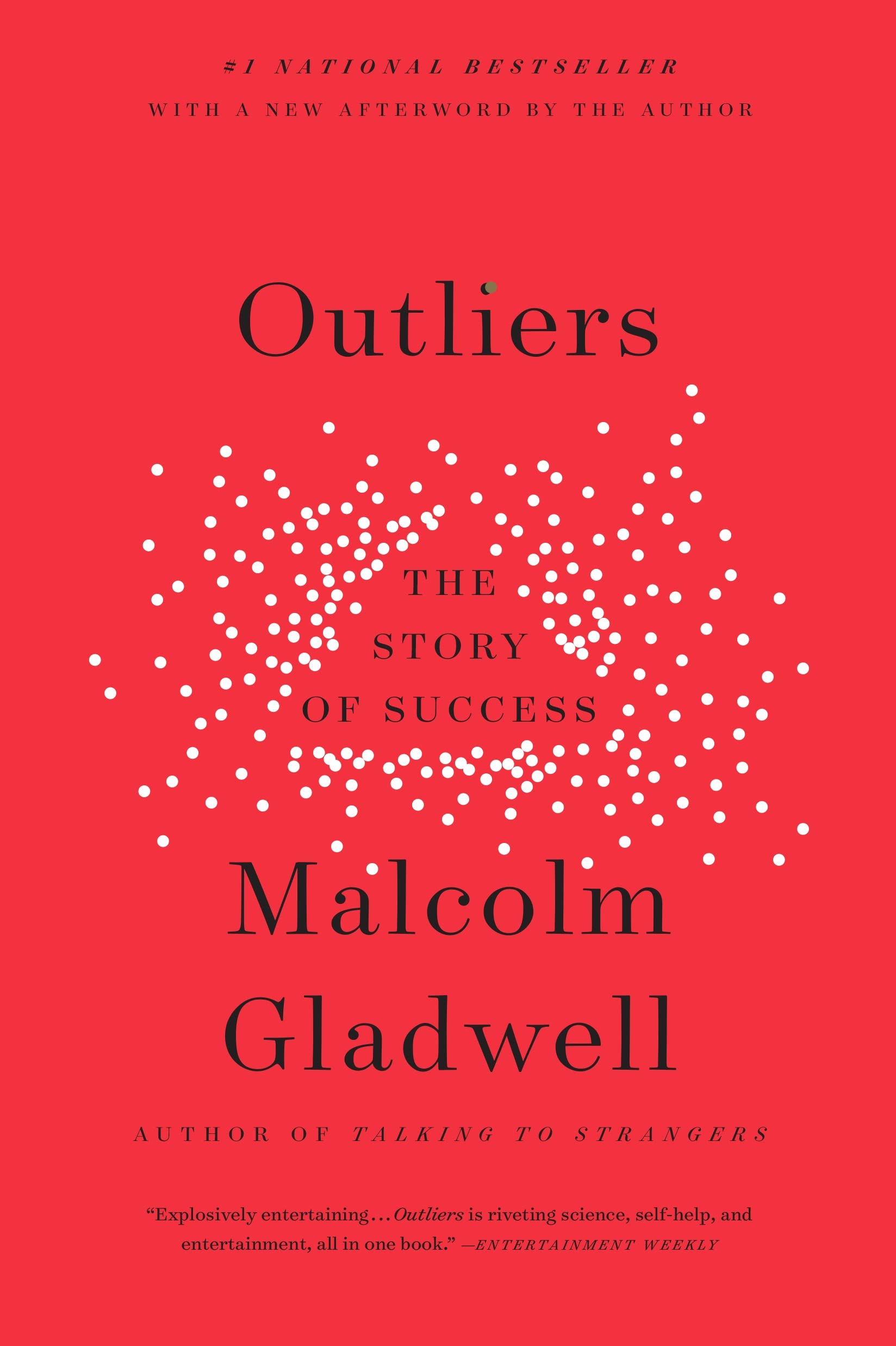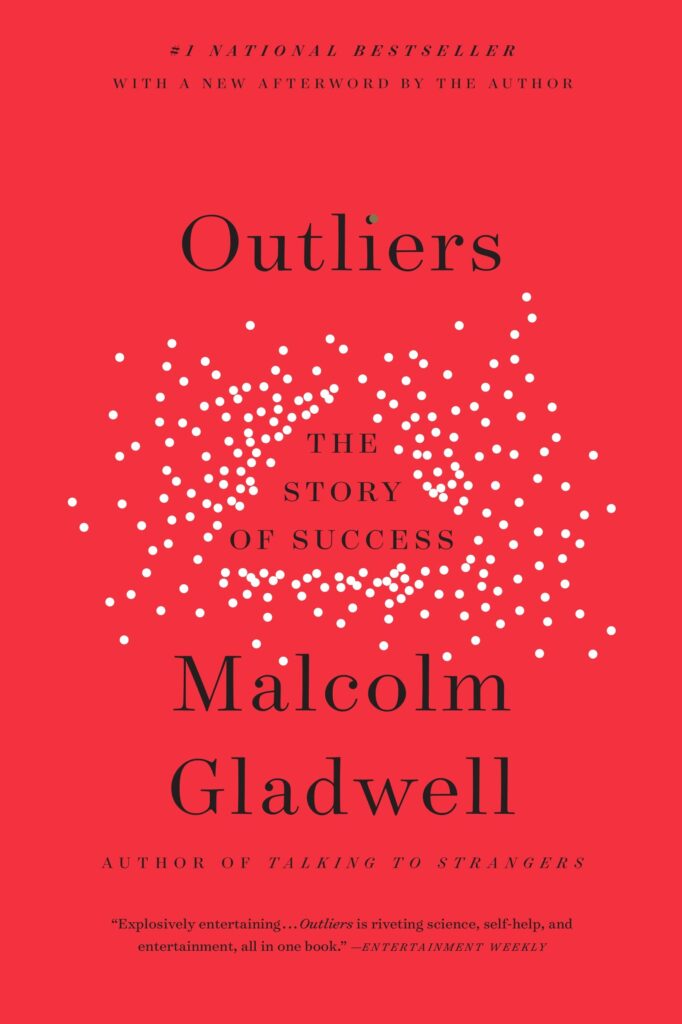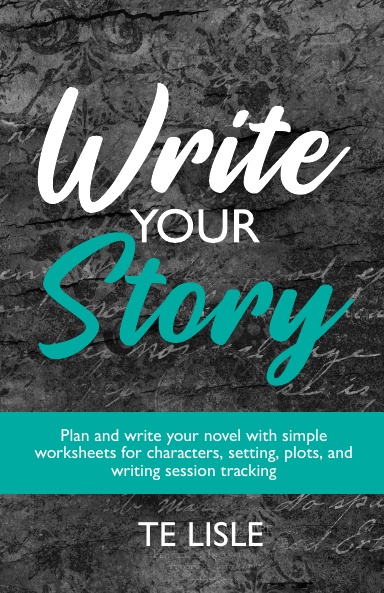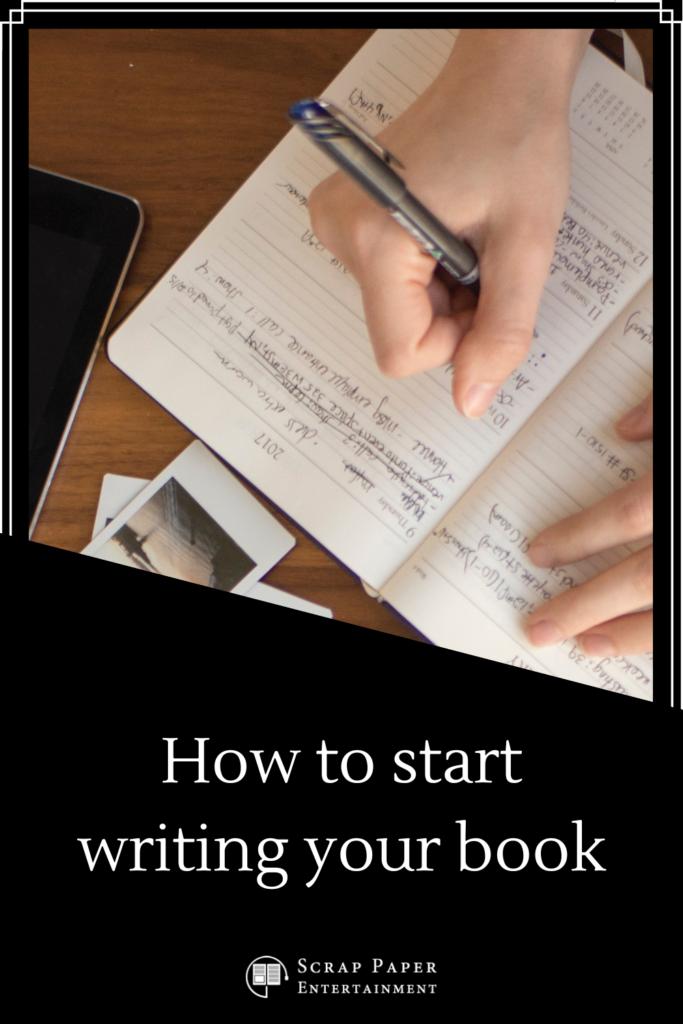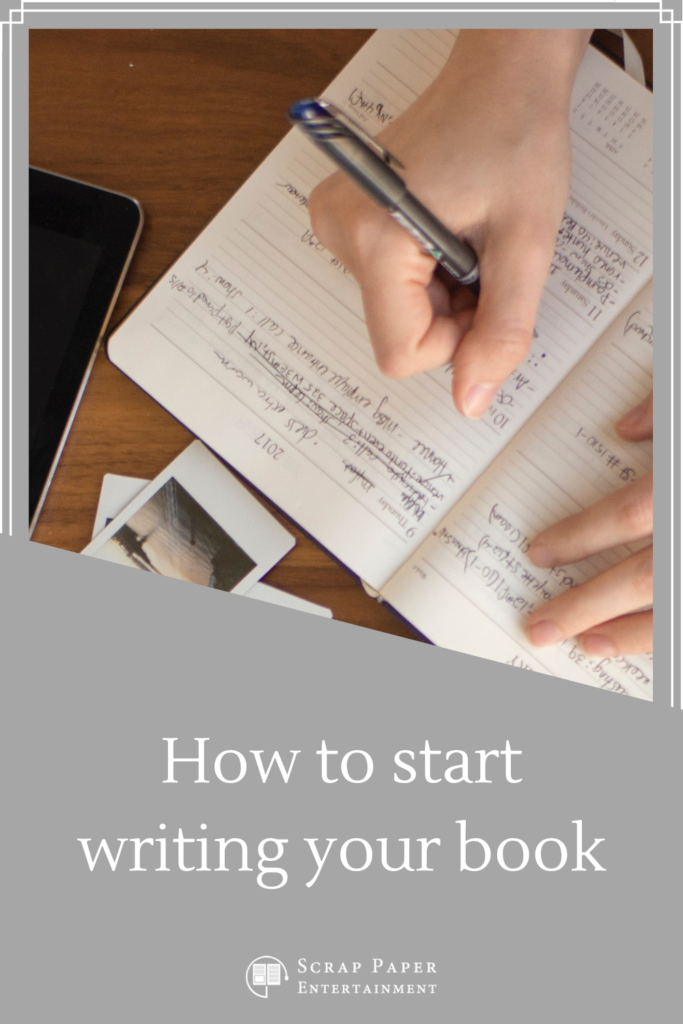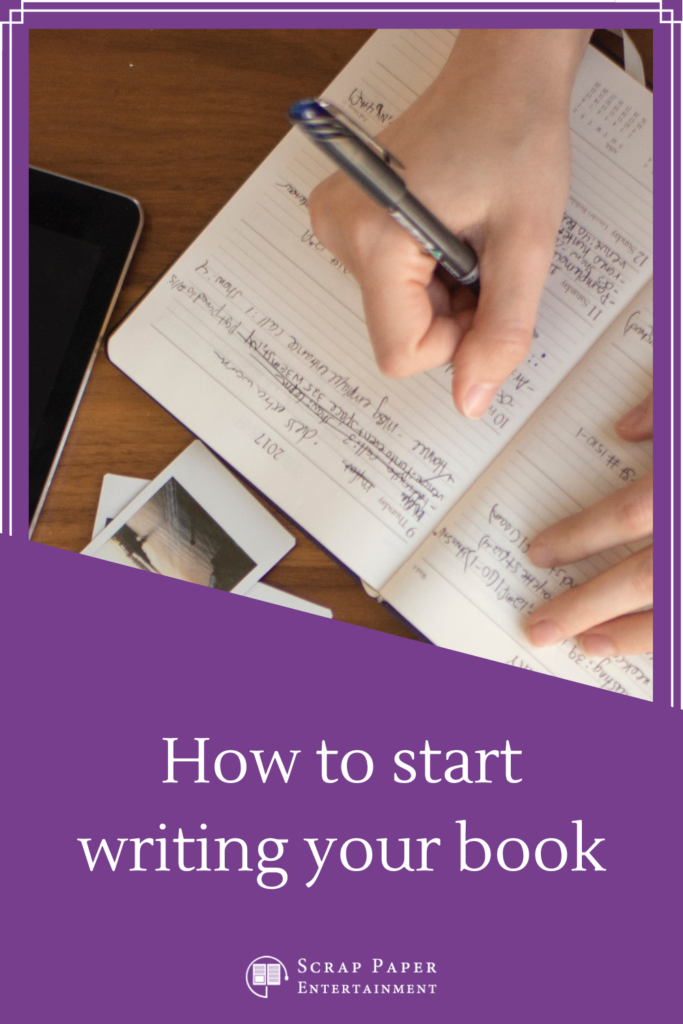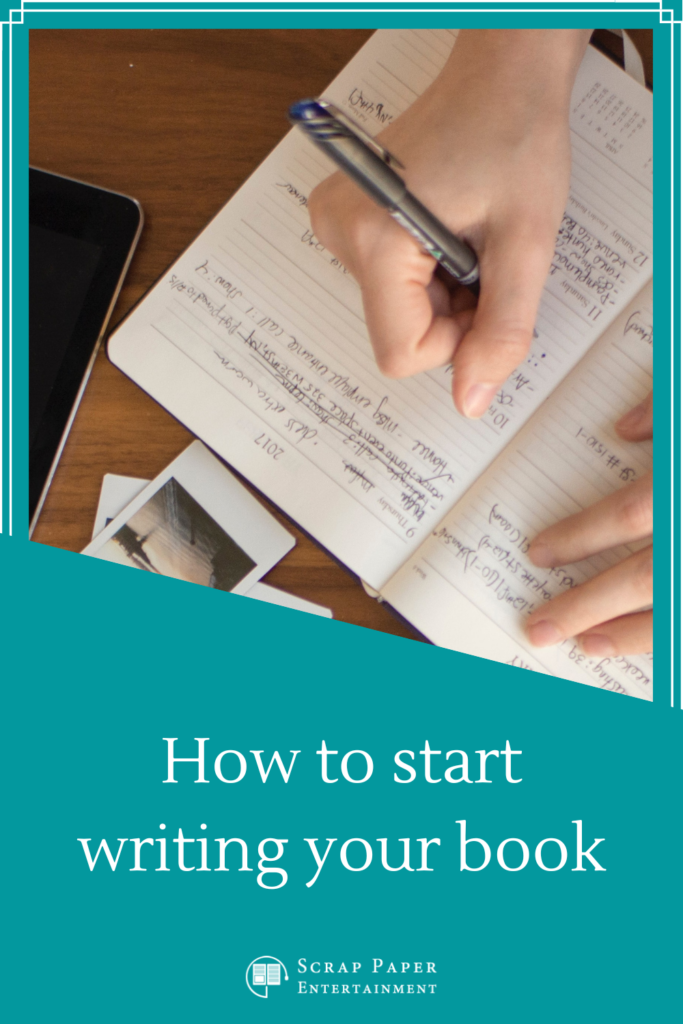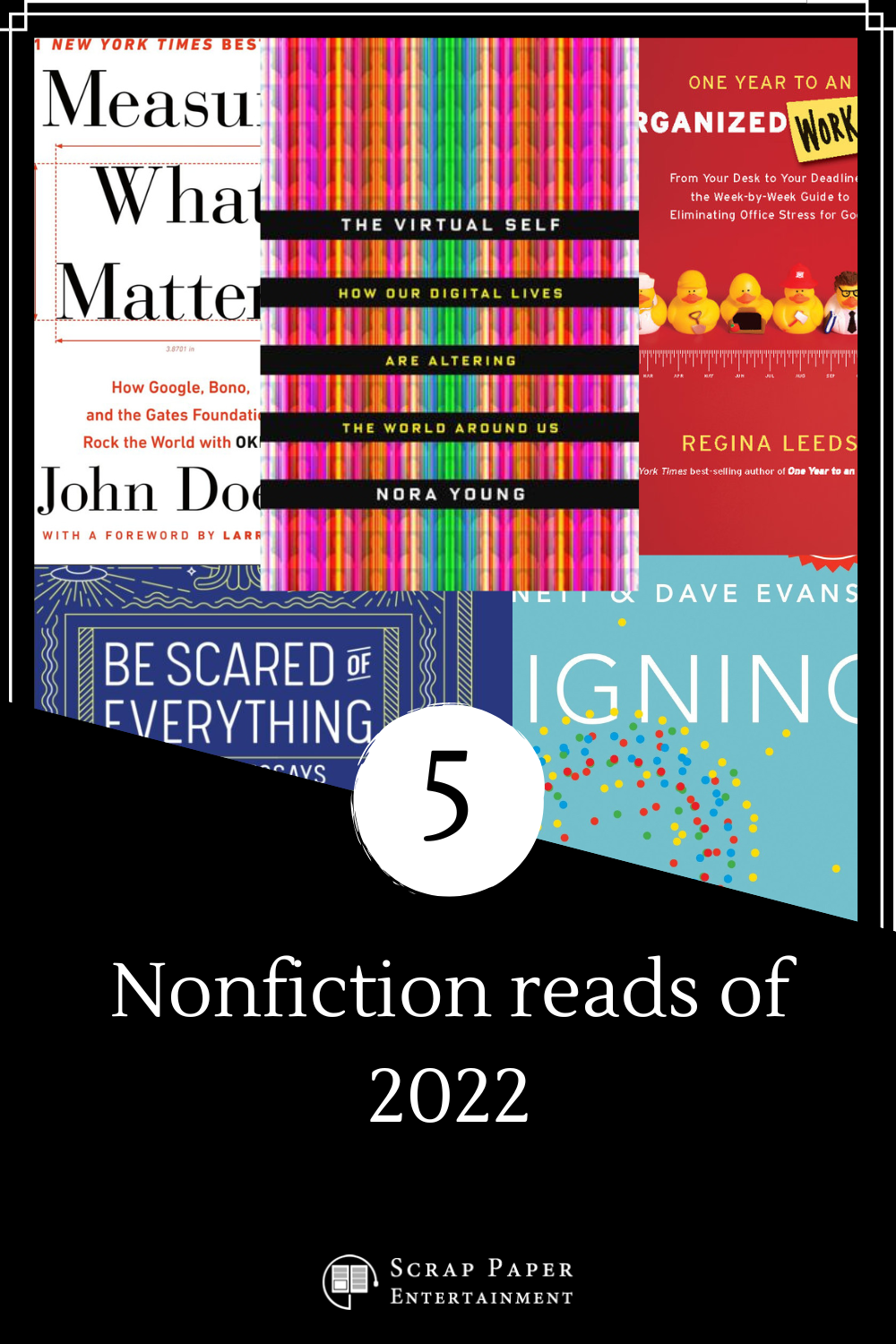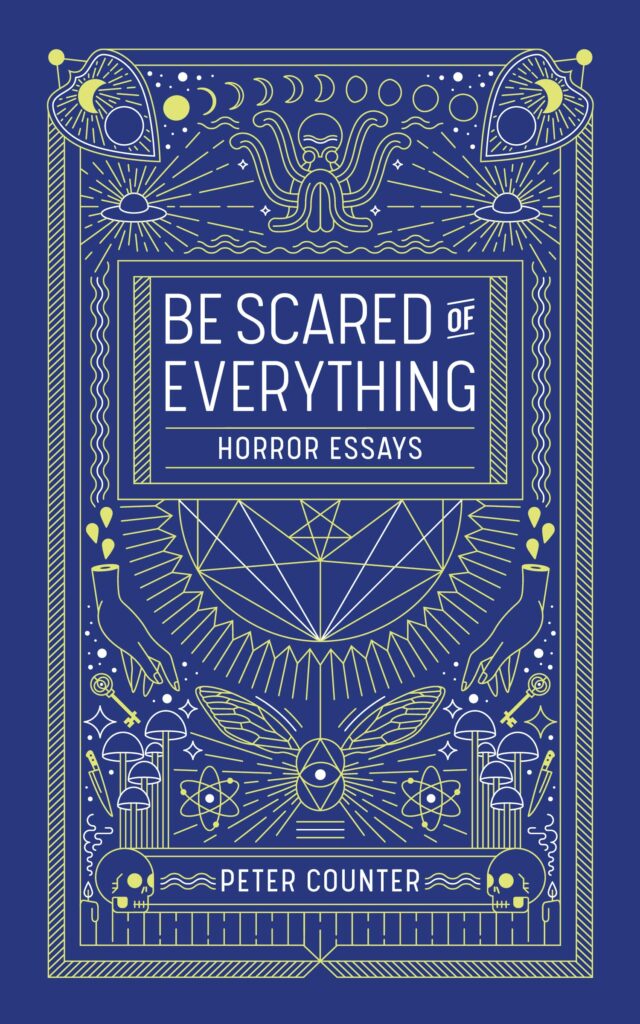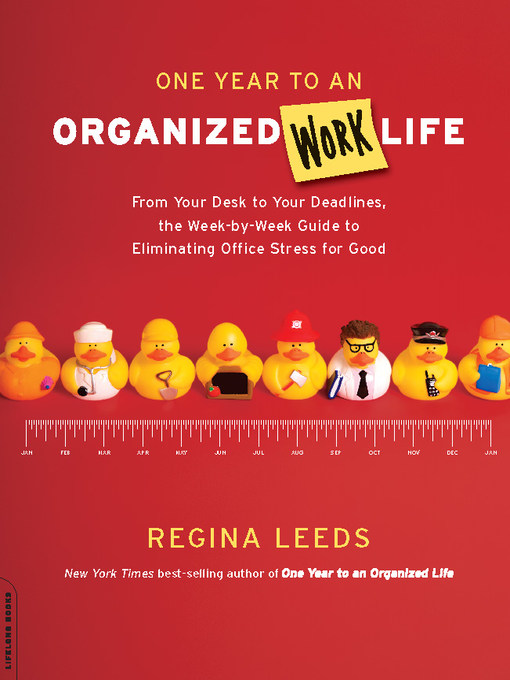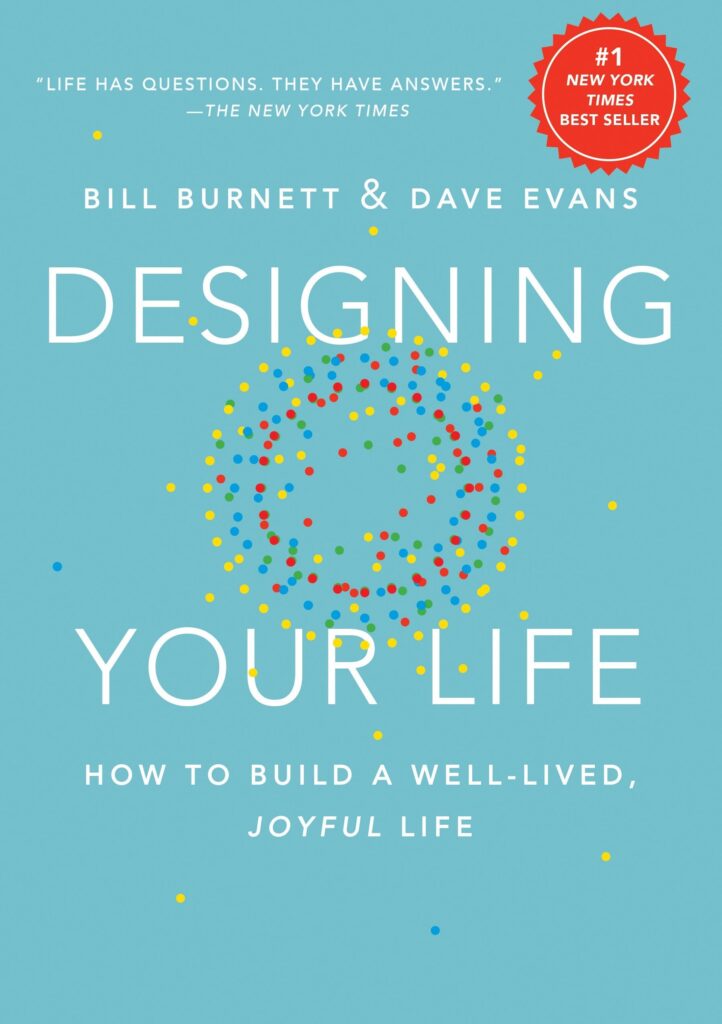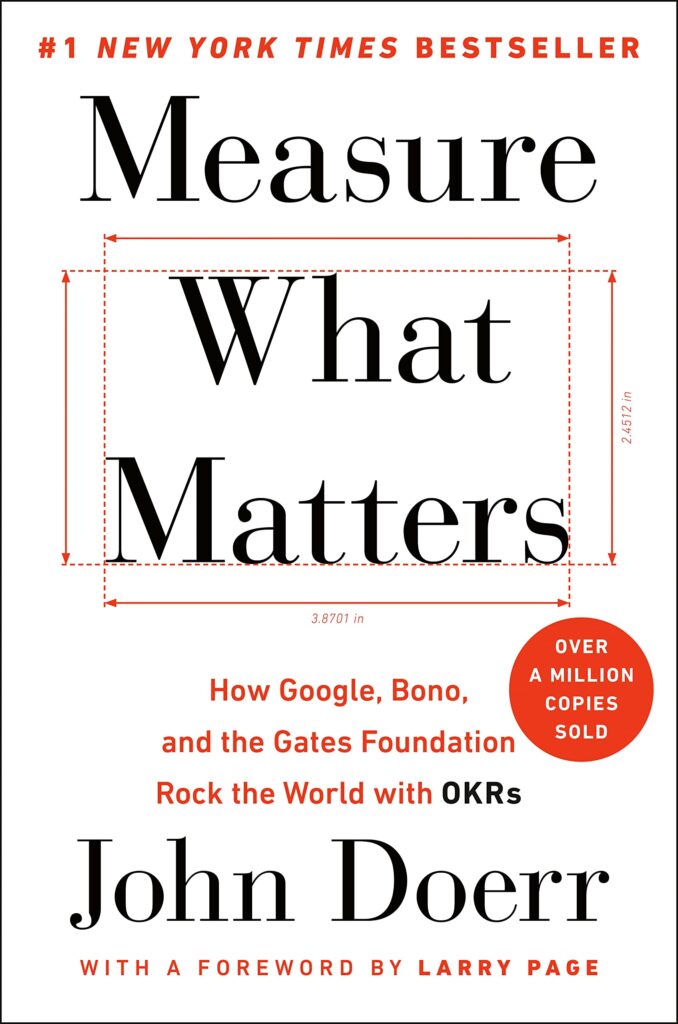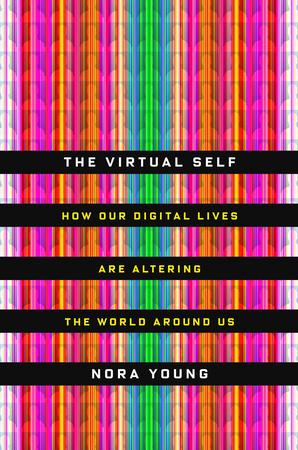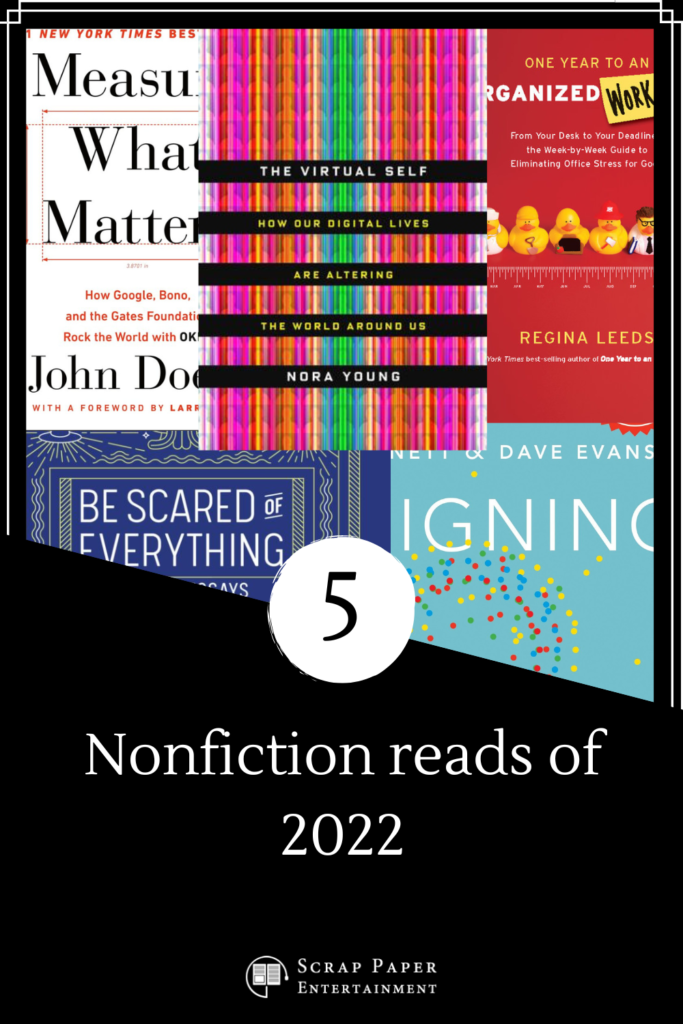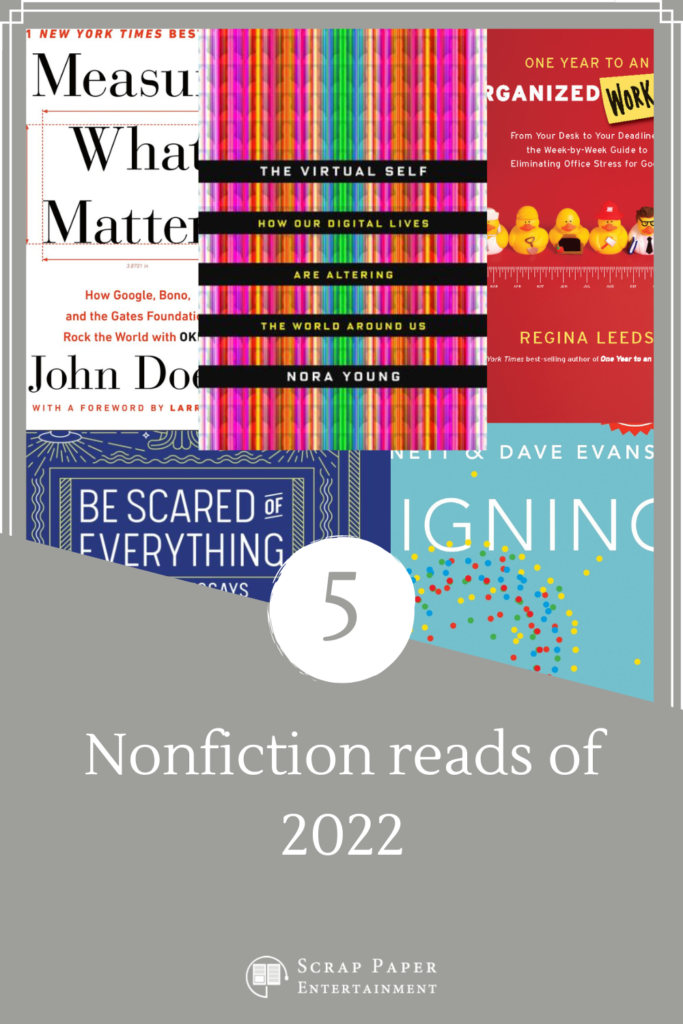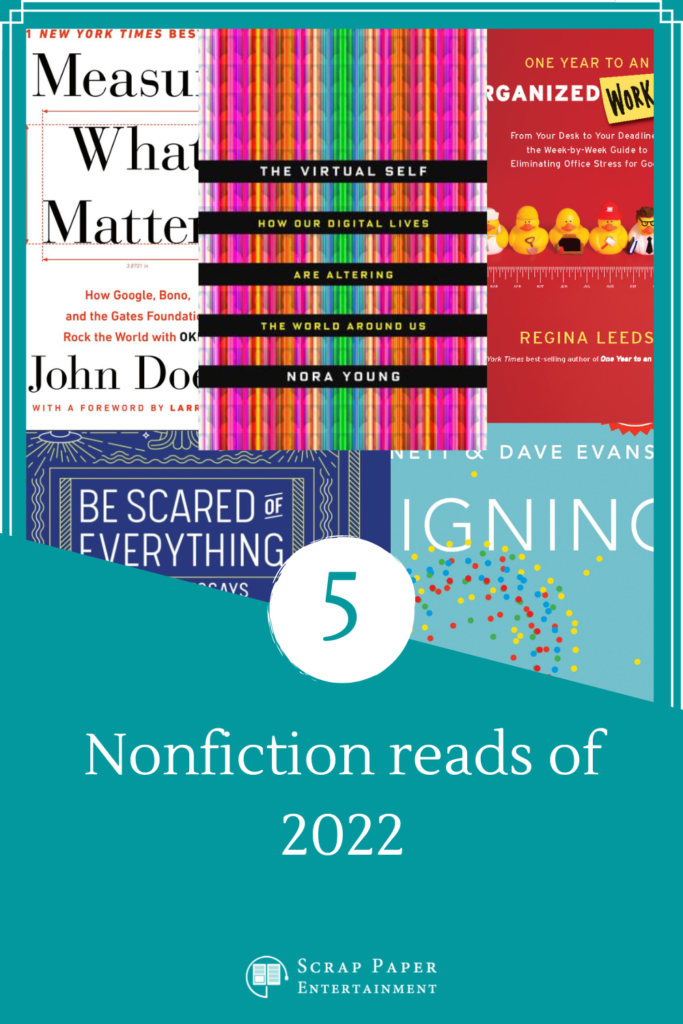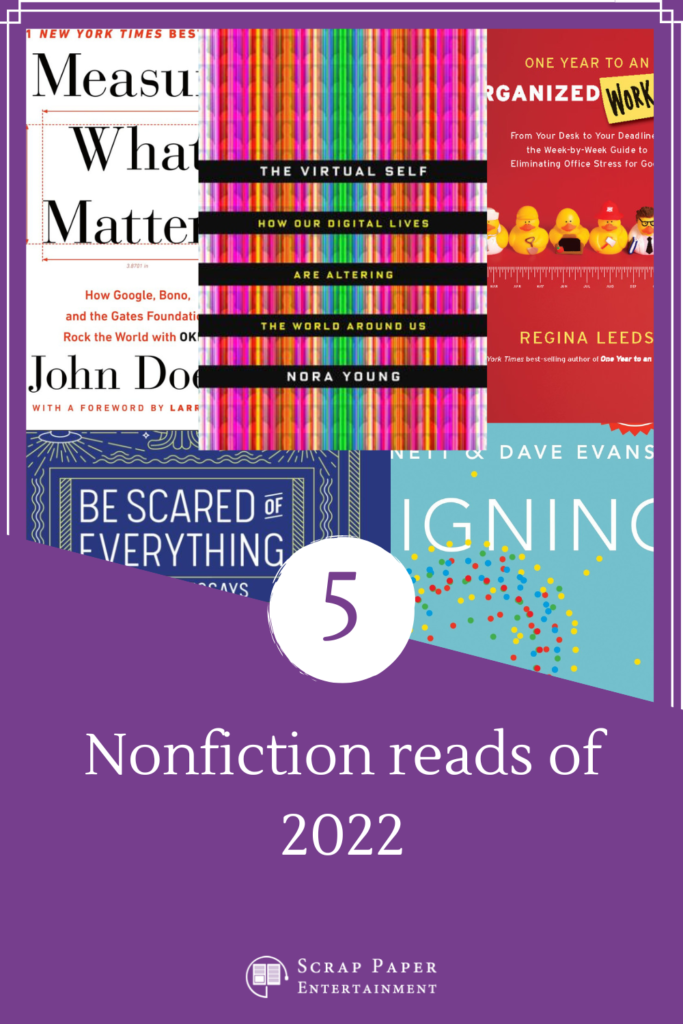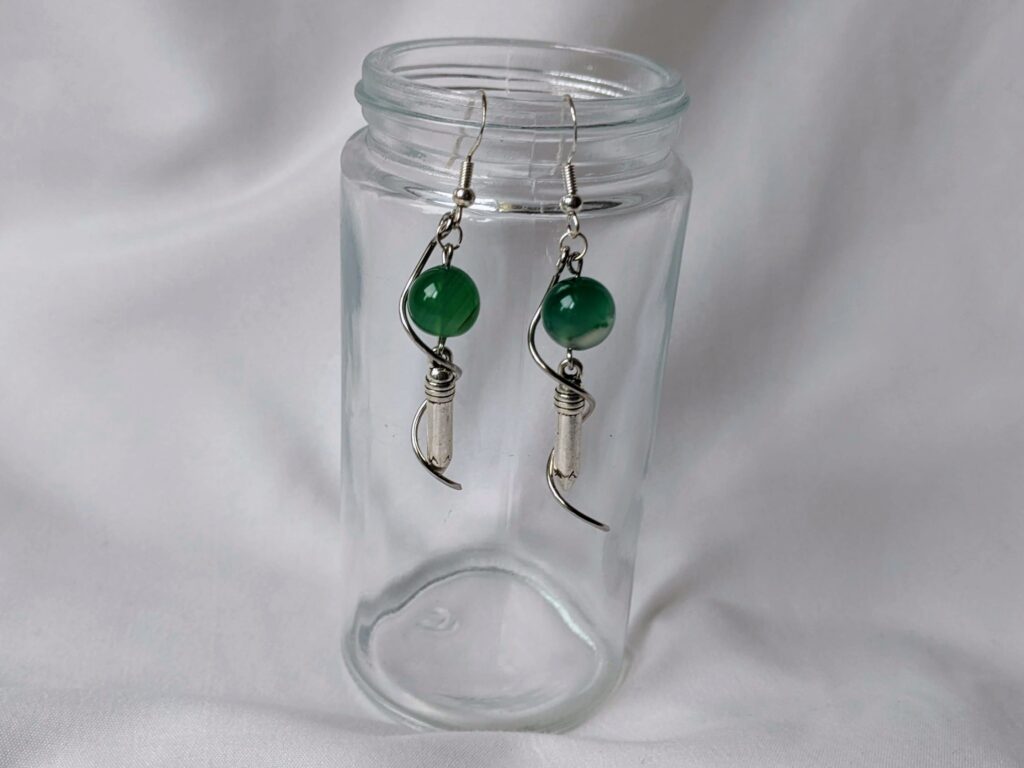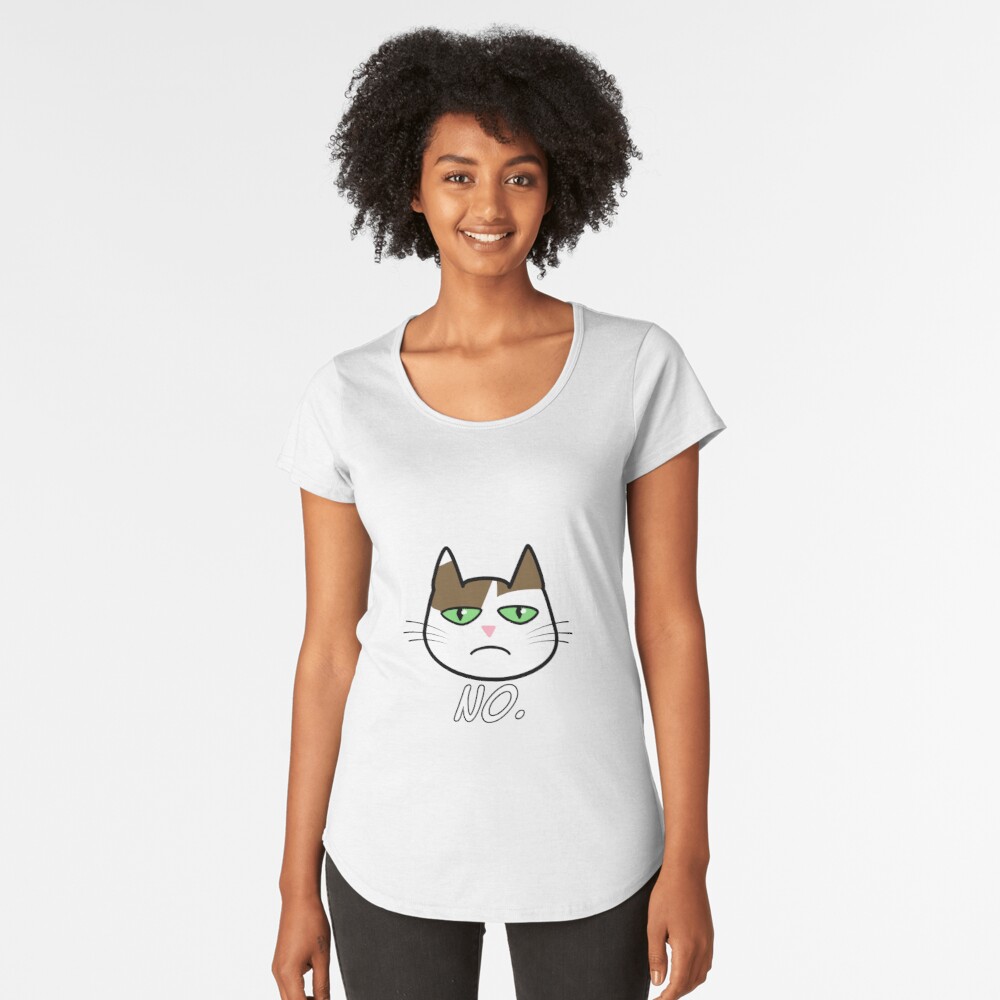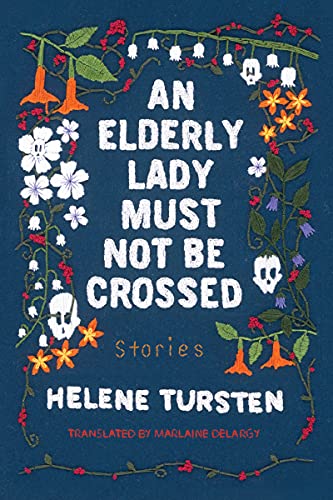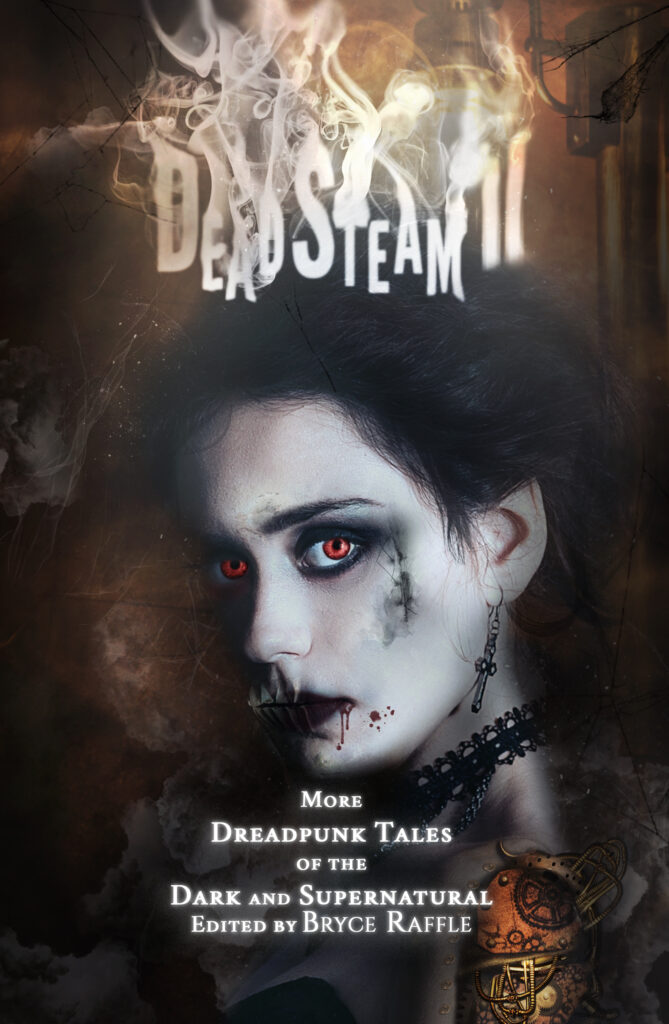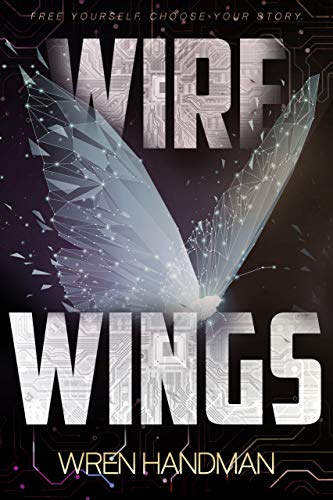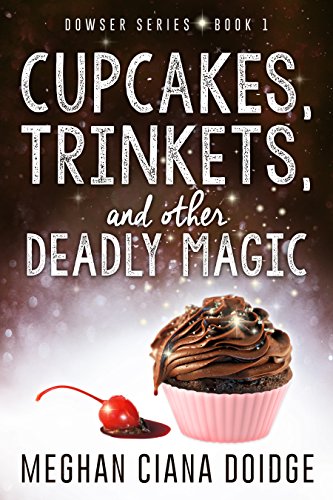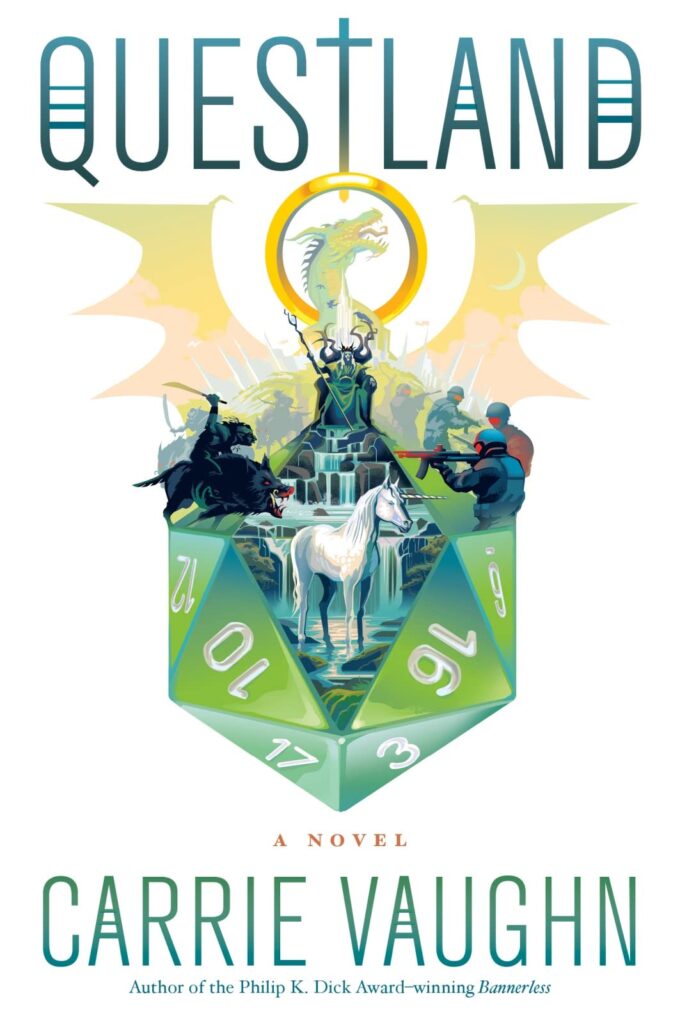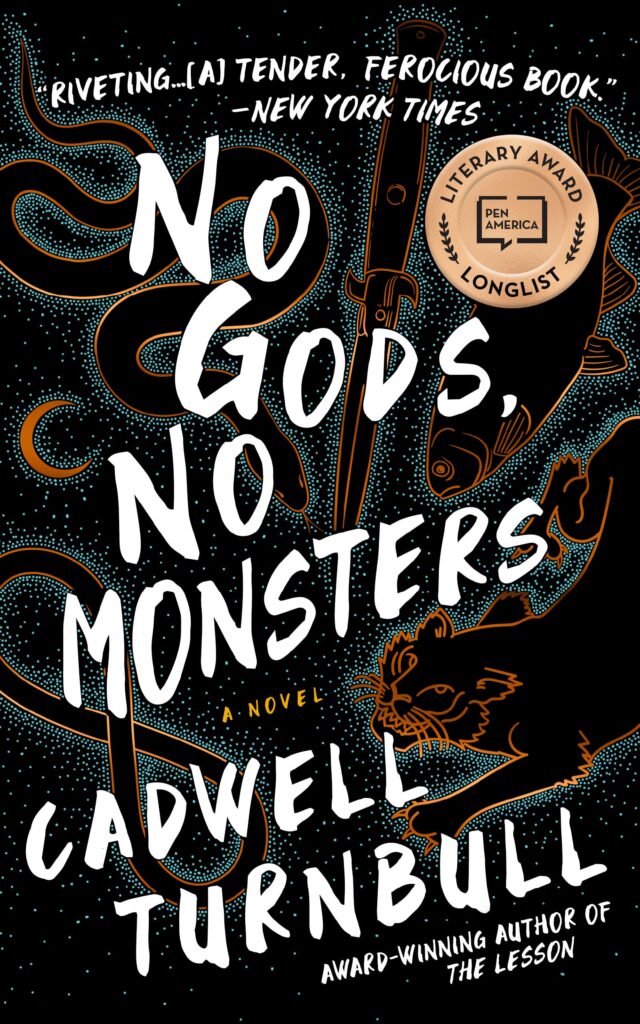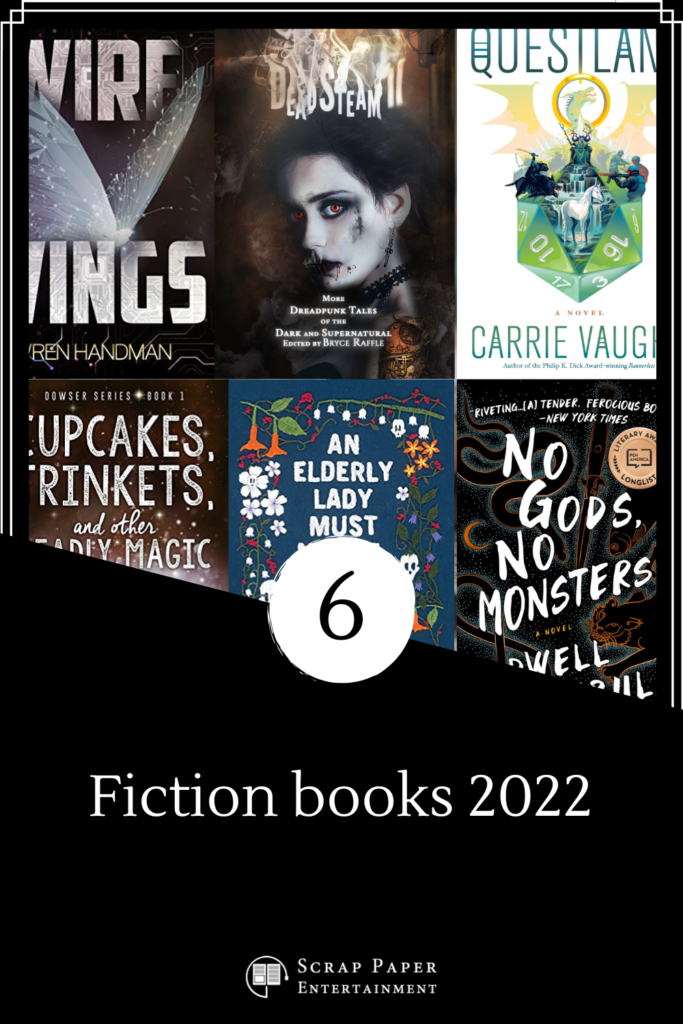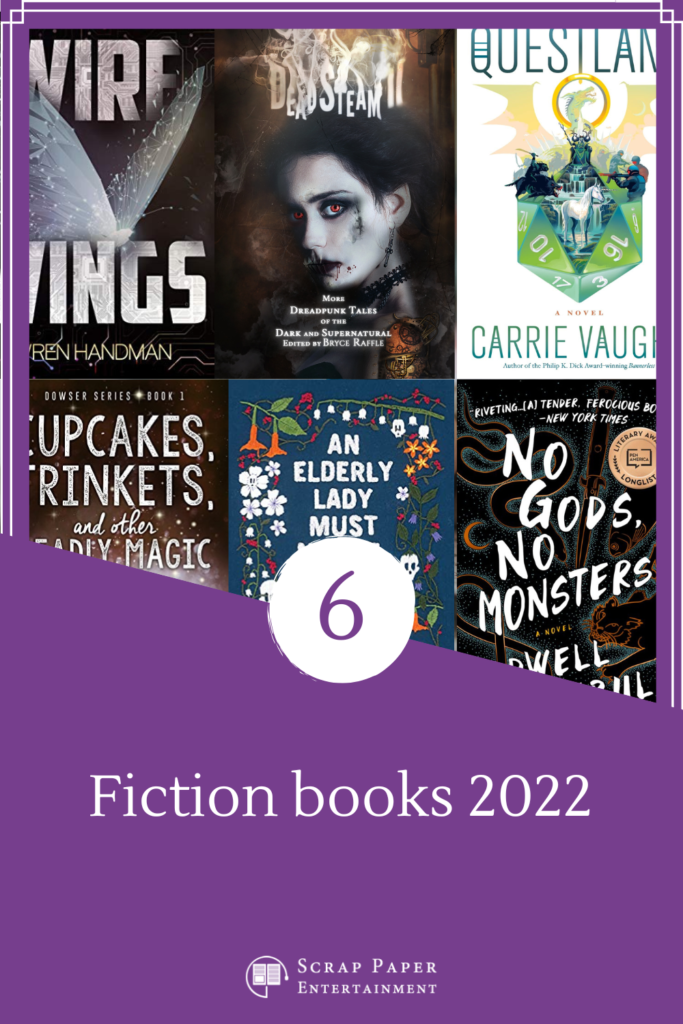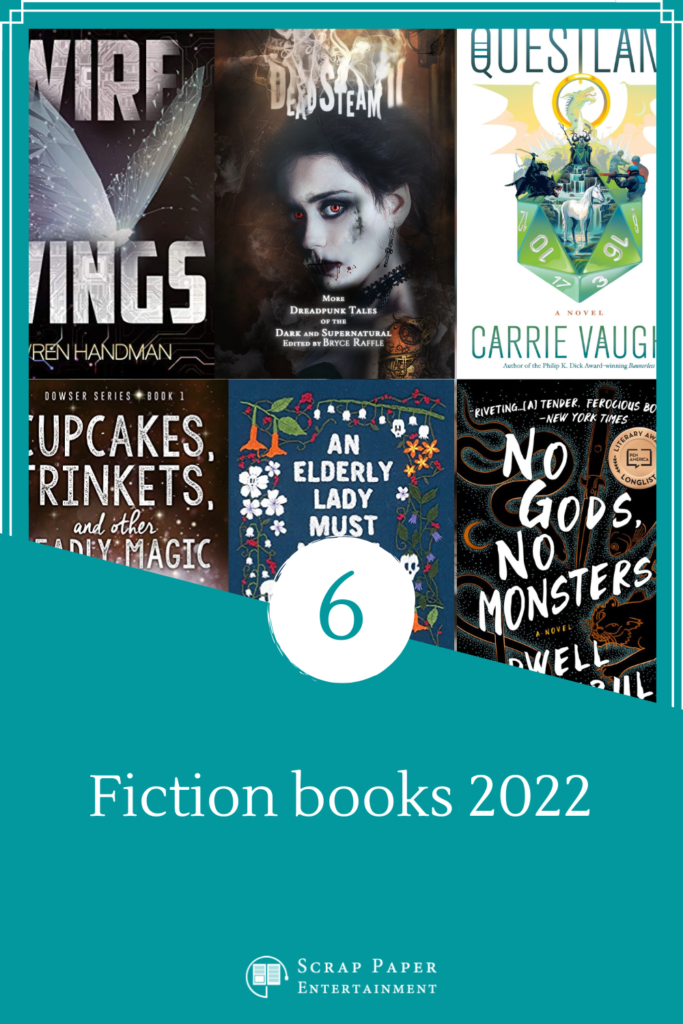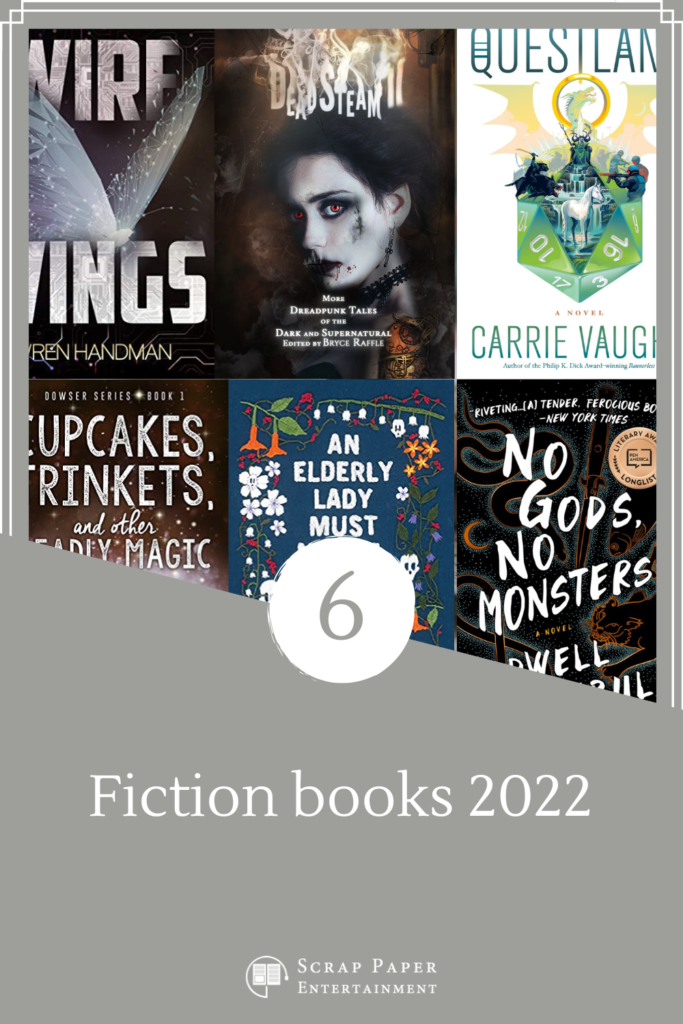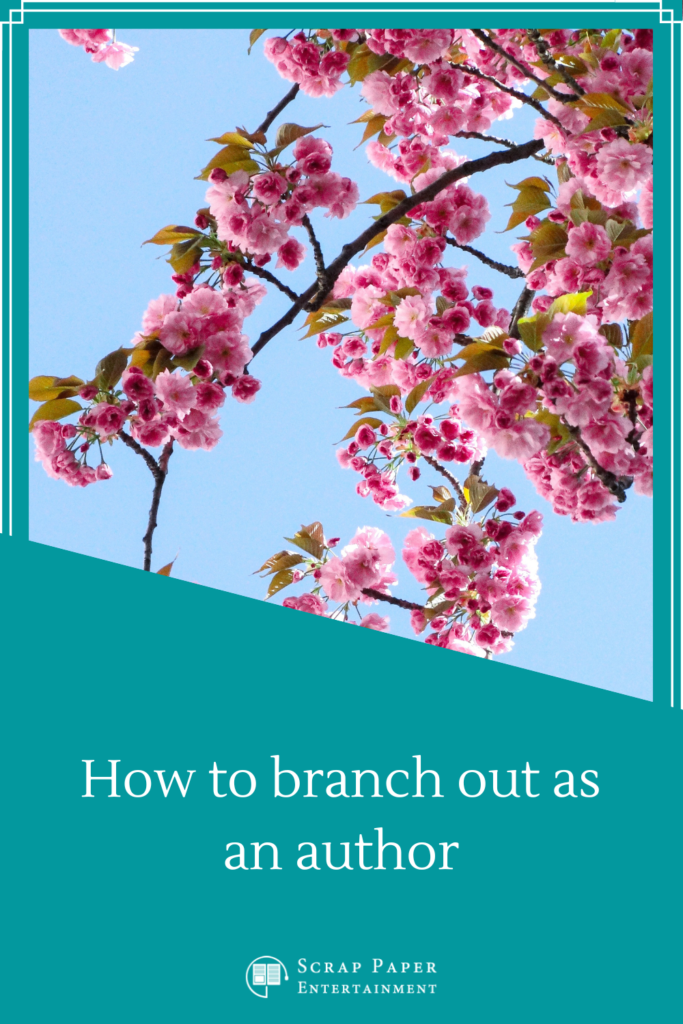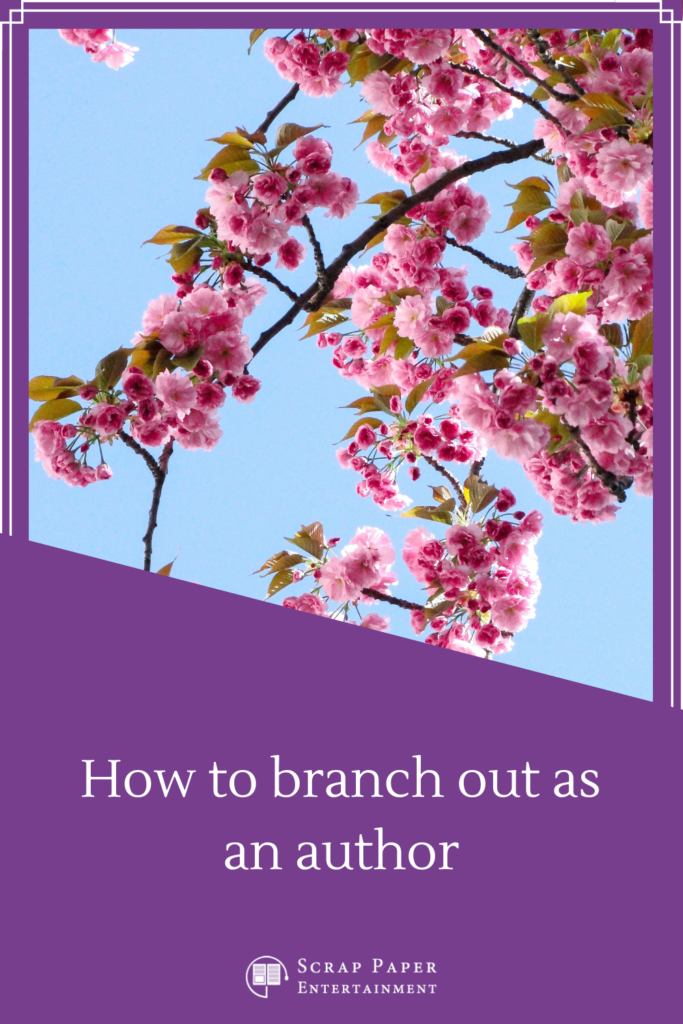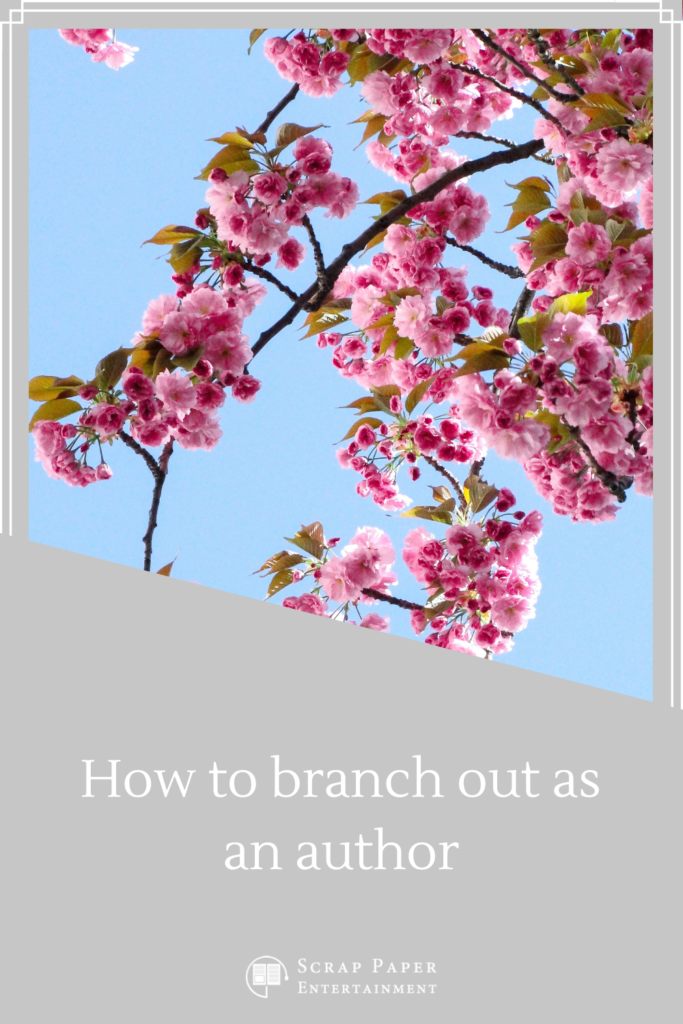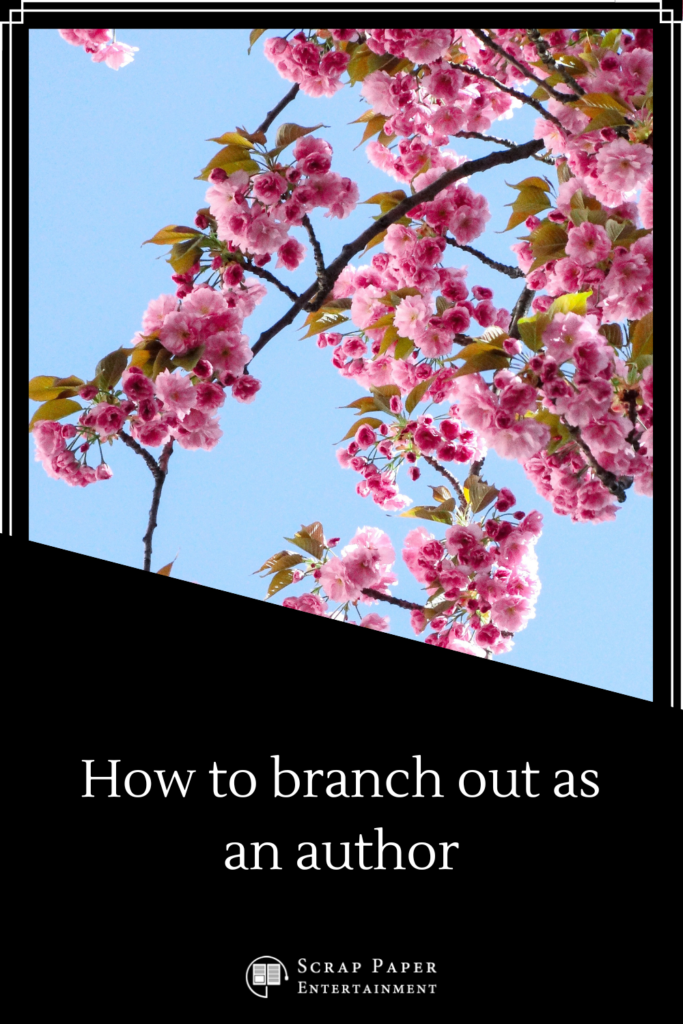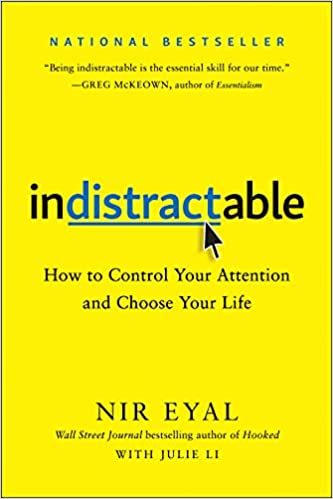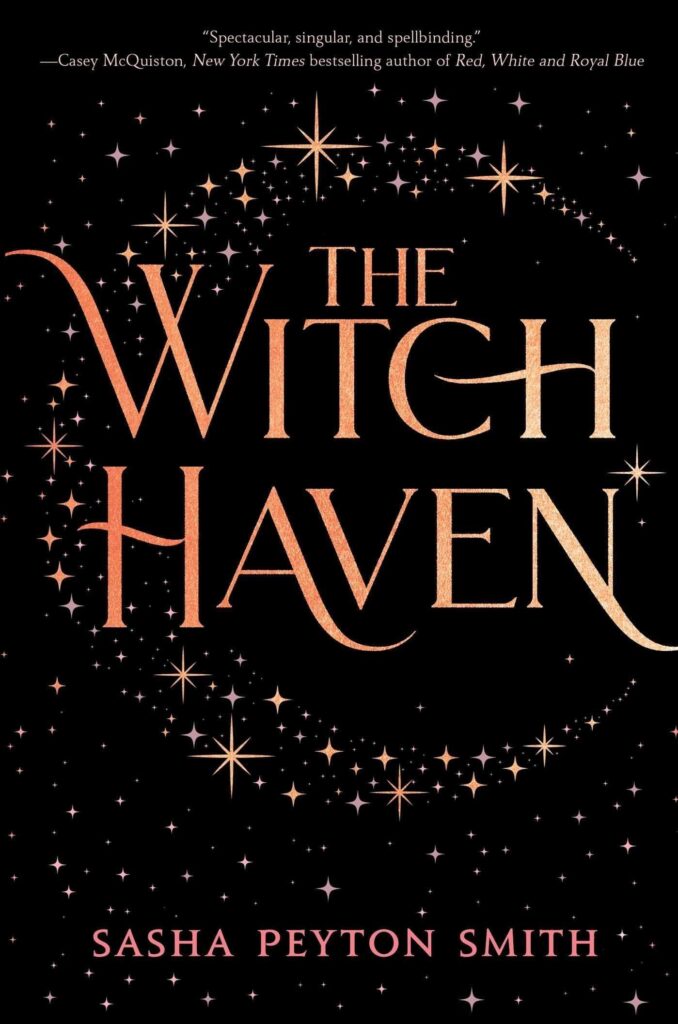
Fiction, how I have missed you! And something about murder and magic, which is right up my alley in terms of stories that I am in the mood for of late! Like so many others, I do not remember adding this to my holds, but I was happy to have it to read as the weather took a very snowy turn.
The book follows Frances, a young seamstress whose magic is awoken when she was assaulted by her boss late one night. She is quickly brought to Haxhaven, a school for witches disguised as an asylum for tuberculosis patients, where she is to learn to control her magic and use her powers only very quietly for housework because sexism. Frances grows frustrated by this and as soon as she has the opportunity, she starts to venture outside of the strict bounds of the school to start investigating the murder of her brother and gets wrapped up in a war between Haxhaven and the Sons, who want to use their power more brazenly for control.
It’s a book that essentially is about finding yourself and being true to yourself, and that is generally the kind of thing I like. The pacing is pretty quick, and I do like that it winds and is not terribly straightforward with what the story is. New discoveries brought changes in what characters did next. I did think the romance elements ended up undermining Frances as a character to a degree, but I also just generally think most books would be better without the romantic subplot so I am aware I am alone in this.
As for the social issues, I’m split on whether or not I like the handling of them. While the sexism felt appropriately woven in, some of the other issues like the racism felt more like it was nodded at without ever really being addressed. There were some characters that felt that their issues were added in as supplementary that didn’t feel like they added to the character or their story because those elements were never really explored and they continued to feel like characters that only really existed for the purposes of enabling Frances’ story.
But overall, I did enjoy the read! It’s a fun look at a not too distant past and what the world had once been like through the fictional lens of how magic might have been treated and dealt with at the time. There’s a lot of loose ends, but I believe this is the first book and it may be explored more in the future.
